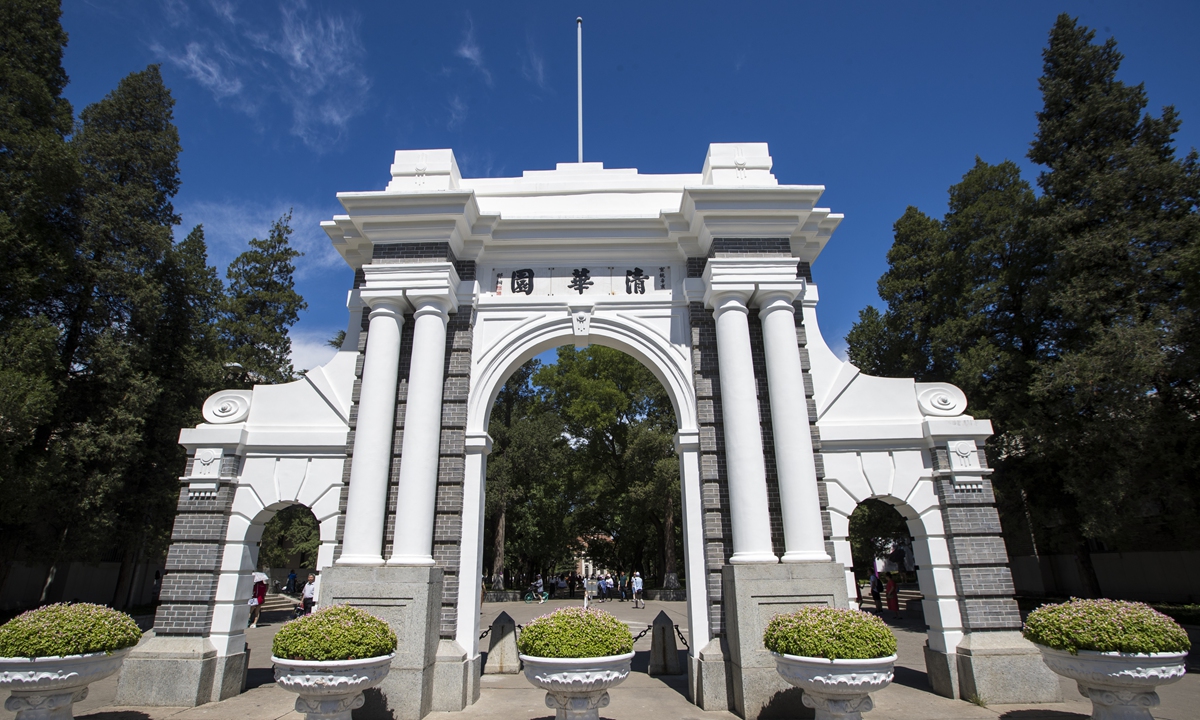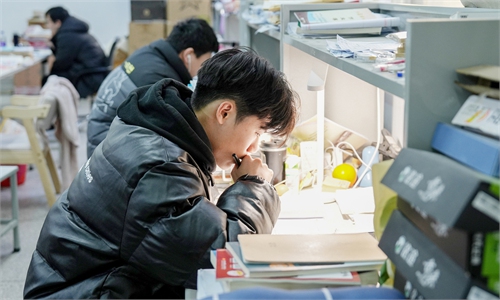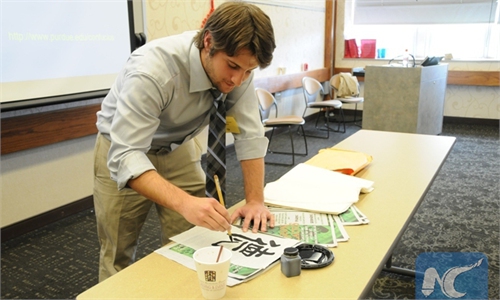Tsinghua releases employment data, defies rumor that 80 percent graduates study abroad

Tsinghua University Photo: CFP
China's prestigious Tsinghua University on Wednesday released an employment report for the class of 2023, revealing that 8 percent of the 2023 cohort were now studying abroad, in contrast to a rumor circulating for a long time that 80 percent of Tsinghua graduates went abroad.
The number of undergraduate students in the 2023 cohort at Tsinghua University is over 3,200, while the number of graduate students is over 5,200.
Among them, 15.6 percent of undergraduate students opted to study abroad while 65.2 percent pursued higher degrees in China. For master's students, the proportion studying abroad is 5.9 percent, while the proportion studying domestically is 6.9 percent.
Tsinghua Alumni Association has an app to collect alumni information and provide associated services. Data collected suggested that most alumni who went to study abroad in past 20 years have returned to work in key sectors in China.
The Global Times learned from Tsinghua employment service center that rumors have been circulating about students leaving for overseas for many years, but it is far from the truth.
The university releases employment data of graduates annually and the proportion (of studying abroad) has remained stable at around 16 percent since 2013, 25 percent for undergraduates and less than 10 percent for graduates.
These numbers saw an abrupt drop in 2020 mainly due to the epidemic, with the lowest proportion of 6.9 percent in 2021. The rates then picked up in 2022 to 7.1 percent and 8 percent in 2023.
For class 2023, 83 percent of the graduates sought work in key sectors related to the economy and people's livelihood, including various important industry sectors such as national defense technology, manufacturing, energy, information and communication technology, public administration and services, higher education institutions, and research institutes.
Over the past decade, the employment rate of Tsinghua graduates in key sectors in China has consistently been above 80 percent.
Official data show that the top two state-owned enterprises Tsinghua graduates went for work were China Aerospace Science and Technology Corporation and State Grid Corporation of China, while the top two private companies were BYD and Huawei.
One Tsinghua graduate chose to become an "assigned public servant" and is currently working in a township in East China's Jiangxi Province. She told the Global Times on condition of anonymity that more and more Tsinghua graduates are adopting this career path.
The graduate is in charge of e-commerce promotion of local agricultural products, which contributed a major part in local anti-poverty efforts. "We may earn less than working at big name firms, but we have stronger sense of achievement," the student said.
About 53.8 percent of the graduates chose to work outside Beijing, where the university is located. An increasing number of graduates chose to work in national defense and in western provinces and regions of the country, making contributions to the most needed fields and areas, the employment report noted.


